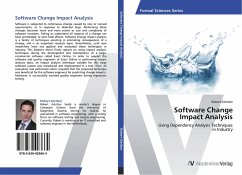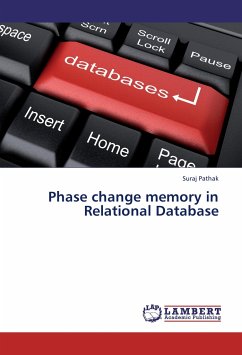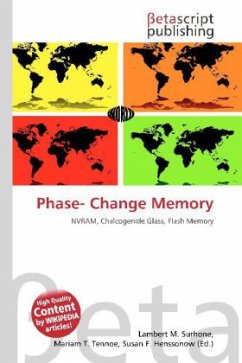Growing numbers of wireless networks are using unlicensed spectrum, resulting in interference problems. As wireless devices increase, the problem will worsen. This book introduces the modeling of dynamic channel change as a game to address interference from coexisting wireless networks. The emergence of intelligent, spectrum-agile network components that can dynamically change their transmission characteristics makes dynamic channel change feasible. Actions toward opening licensed bands for unlicensed usage make it urgent.Game-theoretic decision-making based on the self-interest of rational decision makers is applied to a variety of channel-change scenarios. The "cost" of strictly competitive game-theoretic decisions is determined by comparing them to centralized, socially optimal decisions that maximize the benefit of all coexisting networks. The models and analysis lead to an understanding of the policies adopted by self-interest-based decision makers and the resulting system performance. The results provide a theoretical basis for implementing the decision-making algorithm of a smart access point, making this book useful for researchers as well as implementers.







